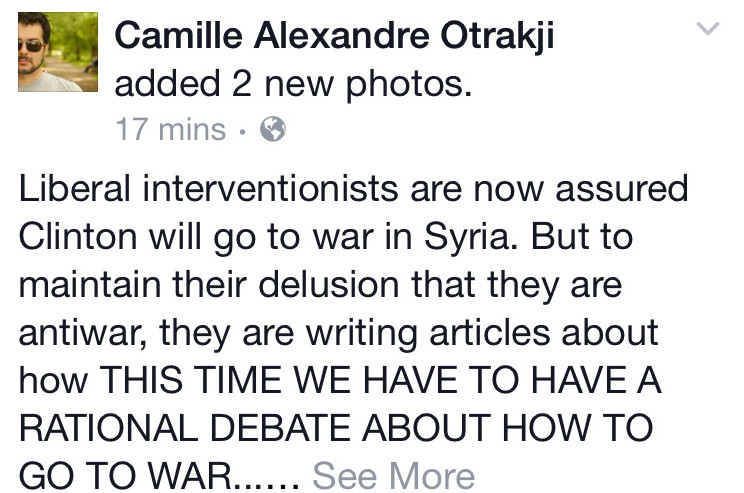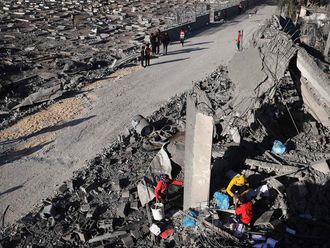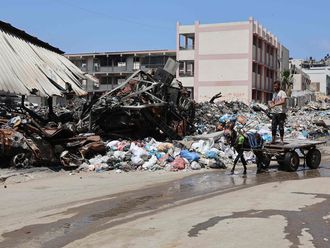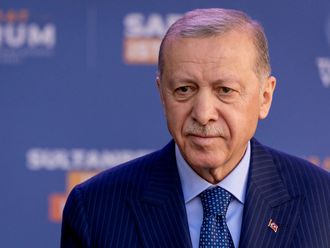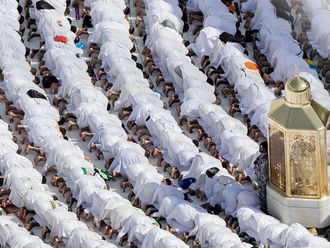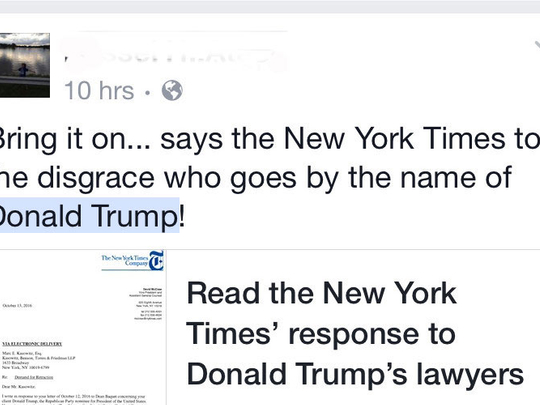
Beirut: After losing the 2004 presidential elections against then-US president George W. Bush, then-senator John Kerry visited Damascus where he toured the ancient Hamidieh Bazaar in the Old City. Shopkeepers came out to shake his hand, remarking: “Mr. Kerry, you deserve to be president.” The praise took Kerry by surprise, apparently due to the Damascenes’ keen interest in US elections.
Given that they haven’t had multi-party elections in five decades, Syrians have always followed democratic presidential elections around the world with much interest, especially when it came to the United States.
In the 1990s, they rallied for Bill Clinton, and in 2009 they showed overwhelming support for Barack Obama, because he was an African-American who hailed from Muslim origins, and seemed like a breath of fresh air for the Arab world after two terms for the much disliked George W. Bush.
When former US National Security Adviser Zbigniew Brezezinski came to Syria in February 2008, eight months before the presidential elections, he spoke to university students who insisted on addressing the then-Democratic Party candidate Barack Obama as “President” — confident of his victory.
This election is no different as supporters and opponents of the Syrian government are endorsing rival US candidates — supporters of Al Assad want Donald Trump to win, and opponents are rooting for Hillary Clinton.
On social media networks like Facebook and Twitter, some Syrians have been actively posting Trump mishap videos, trashing him as a disgrace, or posting photos of Democratic candidate Clinton with the words, “I am with her.” Many other Syrians, who feel that Clinton and Trump would end up with similar policies on Syria, have shown disdain for both candidates.
Jawad Al Khatib, a Palestinian-Syrian newspaper seller in central Damascus, scoffed at the debate saying: “What difference does it make? In appearance they are different but in reality both will have to abide by a Zionist agenda, just like Bush, Bill Clinton, and Reagan.”
The pro-Al Assad Syrian street’s perception of US elections is that Trump is a fan of Russian President Vladimir Putin, and by default must be pro-Al Assad. Clinton, they believe, is “close” to Saudi Arabia and will push for regime change in Damascus if elected to office.
This is a view espoused by Trump himself, who recently said: “I think she should give back the $25-35 million (Dh91.8-Dh128.55 million) she’s taken from Saudi Arabia, and she should give it back fast.”
His words were aired on state-run Syrian Television as breaking news.
Trump was referring to the $25 million given to the Clinton Foundation in December 2008, before Clinton became Secretary of State.
Trump recently said that “Syria is not Syria anymore, Syria is Russia and Iran.”
Advocating American isolationism from the Arab world and a firm policy toward Muslim refugees, he has indicated his readiness to let Russia handle the complex web of Middle East politics, while surrendering completely to Putin’s position on Syria.
Trump has explicitly said that he did not think Russia was part of the problem in Syria.
Instead, he credited Moscow with fighting Daesh, saying: “Russia is killing [Daesh] and Al Assad is killing [Daesh].”
Online opposition activists accused him of genocide and of selling out to Moscow, praising Clinton who while speaking recently at the second debate at Washington University in St Louis, advocated creating a no-fly zone in Syria and investigating alleged war crimes committed by the Syrian government and Russia in Aleppo.
But despite his recent pro-regime comments, Trump has very been inconsistent on Syria.
In September 2015, he told the CBS network that the US should wait out the conflict in Syria and let [Daesh] fight Al Assad, after which the US could “pick up the remnants.”
Six months later, he contradicted himself, saying: “We really have no choice we have to knock out [Daesh].”
He has also said that he would support a safe zone inside Syria, financially and politically but not militarily, saying that it would have to be created by Gulf states.
More recently, however, when his running mate Mike Pence said that the US should prepare to bomb Syrian military targets in Aleppo and create no-fly zones to protect civilians, Trump said he was against it.
Online opposition activists from Raqqa, opposed both to the regime and Daesh, accused Trump of being a liar.
When asked what he thinks will happen if Aleppo falls to the Russians and their Syrian allies, Trump created more controversy by saying that it had already “basically has fallen” to Moscow and Damascus.
Trashing Clinton, he added, “She talks in favour of the rebels. She doesn’t even know who the rebels are.”
Last September he spoke to CNN asking: “Are we better off with Al Assad? We have no idea who those people are (the rebels). We give them weapons, we give them ammunition, and we give them everything. I mean maybe it’s worse than Al Assad. So what are we doing? Why are we involved?”
Some pro-regime activists were so happy what he said that they even went as far as to post stories claiming that Trump hailed from Syrian origins and that his ancestors had emigrated to the US from “Bilad Al Sham” [the Levant].
Interestingly, Al Assad didn’t seem to share the same affection for Trump as his supporters.
Speaking to NBC last July, he attacked the Republican candidate saying that he has insufficient foreign policy experience to lead the United States.


